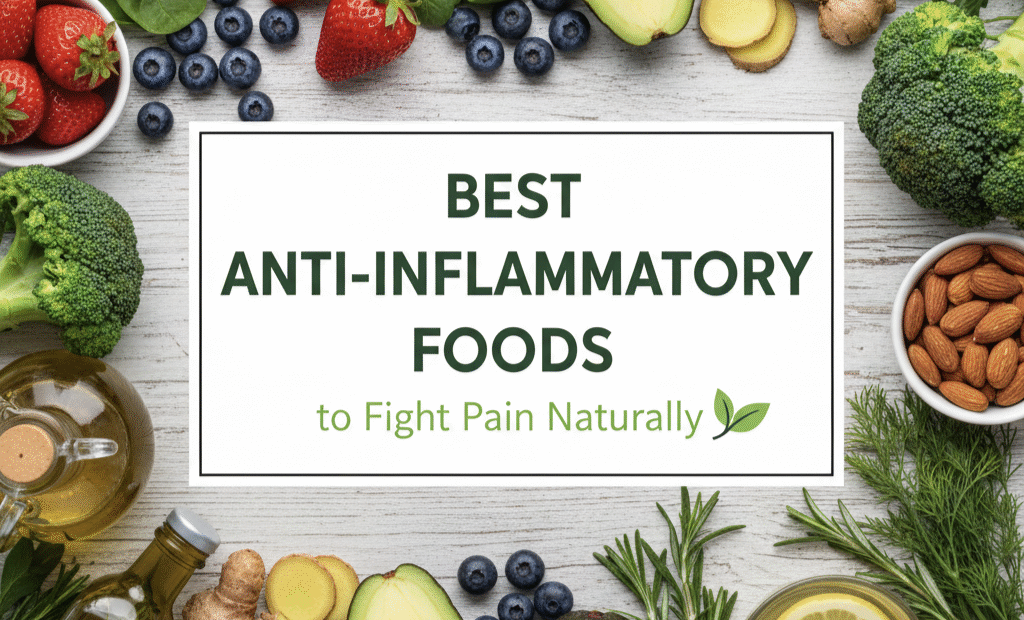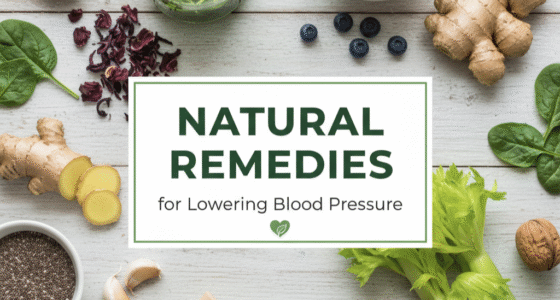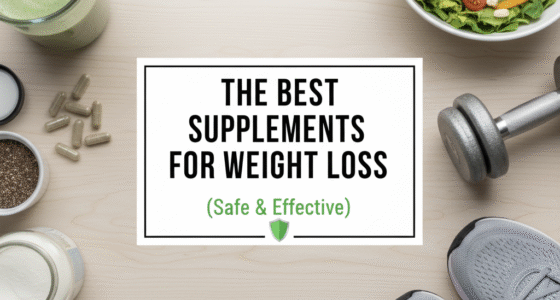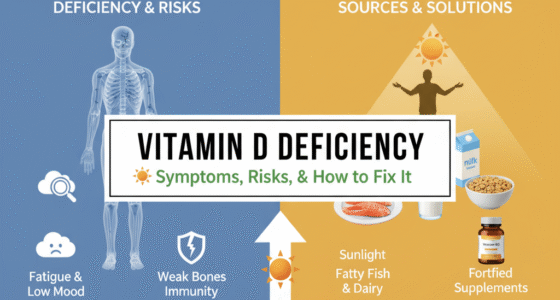Chronic inflammation is at the root of many health problems, including arthritis, heart disease, diabetes, and even certain cancers. While medication can help manage inflammation, the foods you eat play an equally powerful role in reducing or aggravating pain. By adding anti-inflammatory foods to your diet, you can naturally support healing, lower pain, and protect your body from long-term disease. In this guide, we’ll explore the best anti-inflammatory foods, their health benefits, and how to include them in your daily meals for lasting wellness.
Why Inflammation Matters
Inflammation is a natural immune response that helps the body heal from injury or infection. However, when inflammation becomes chronic, it can damage tissues and organs, leading to pain and illness. Diet is one of the most effective ways to control this process — some foods worsen inflammation, while others calm it down.
Top Anti-Inflammatory Foods
Here’s a list of scientifically backed anti-inflammatory foods you should consider including in your diet:
1. Fatty Fish
Salmon, mackerel, sardines, and tuna are rich in omega-3 fatty acids, which reduce inflammatory markers in the body. Omega-3s are especially effective in easing joint pain and stiffness.
2. Berries
Blueberries, strawberries, and raspberries contain antioxidants like anthocyanins that lower inflammation and improve immunity.
3. Leafy Greens
Spinach, kale, and Swiss chard are loaded with vitamins A, C, and K, which fight inflammation and support overall health.
4. Olive Oil
Extra virgin olive oil is a cornerstone of the Mediterranean diet and contains oleocanthal, a compound with effects similar to anti-inflammatory drugs.
5. Nuts and Seeds
Almonds, walnuts, chia seeds, and flaxseeds provide healthy fats, fiber, and antioxidants that reduce chronic inflammation.
6. Turmeric
Curcumin, the active compound in turmeric, has powerful anti-inflammatory effects and is widely studied for reducing pain in arthritis patients.
7. Ginger
Gingerol in ginger helps reduce muscle pain, soreness, and inflammation, making it a great addition to tea or cooking.
8. Green Tea
Rich in polyphenols, green tea has anti-inflammatory and antioxidant effects that help prevent cell damage and reduce risk of chronic disease.
9. Tomatoes
Tomatoes contain lycopene, an antioxidant that reduces inflammation in the lungs and other parts of the body.
10. Garlic and Onions
These flavorful vegetables contain sulfur compounds that enhance the immune system and fight inflammation at a cellular level.
Foods to Avoid
To reduce inflammation, it’s equally important to avoid foods that trigger it. Some of the most common culprits include:
- Processed foods and fast food
- Sugary drinks and refined carbs
- Excessive red meat
- Fried foods with trans fats
Meal Ideas with Anti-Inflammatory Foods
- Breakfast: Oatmeal topped with blueberries, walnuts, and chia seeds.
- Lunch: Grilled salmon salad with spinach, olive oil dressing, and avocado.
- Dinner: Turmeric-spiced chicken with quinoa and roasted vegetables.
- Snack: Green tea with a handful of almonds or ginger tea with fruit.
Additional Lifestyle Tips
Beyond diet, these lifestyle changes can also help reduce inflammation:
- Maintain a healthy weight
- Exercise regularly (but avoid overtraining)
- Get 7–8 hours of quality sleep per night
- Manage stress with meditation or breathing exercises
- Avoid smoking and excessive alcohol
Conclusion
Chronic inflammation doesn’t just cause pain—it can silently increase your risk of major diseases. The good news is that you can take control through food. By adding anti-inflammatory foods like fatty fish, berries, olive oil, and leafy greens to your diet while avoiding processed and sugary items, you can naturally reduce pain, improve your overall health, and feel more energetic every day. Making small, consistent changes can have a lasting impact on your well-being.









